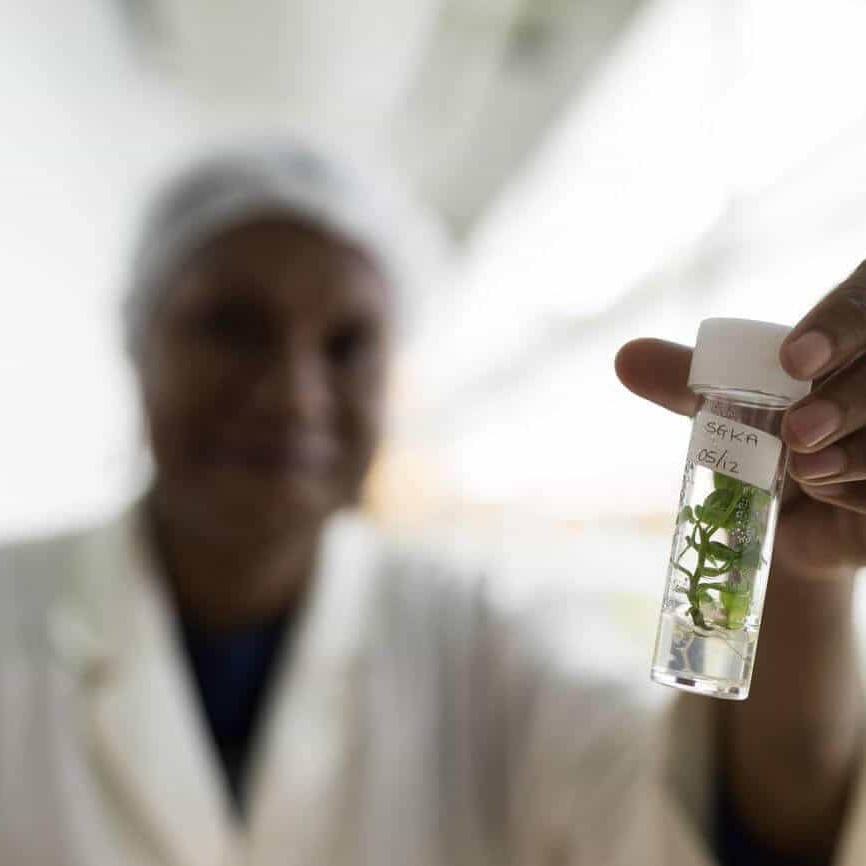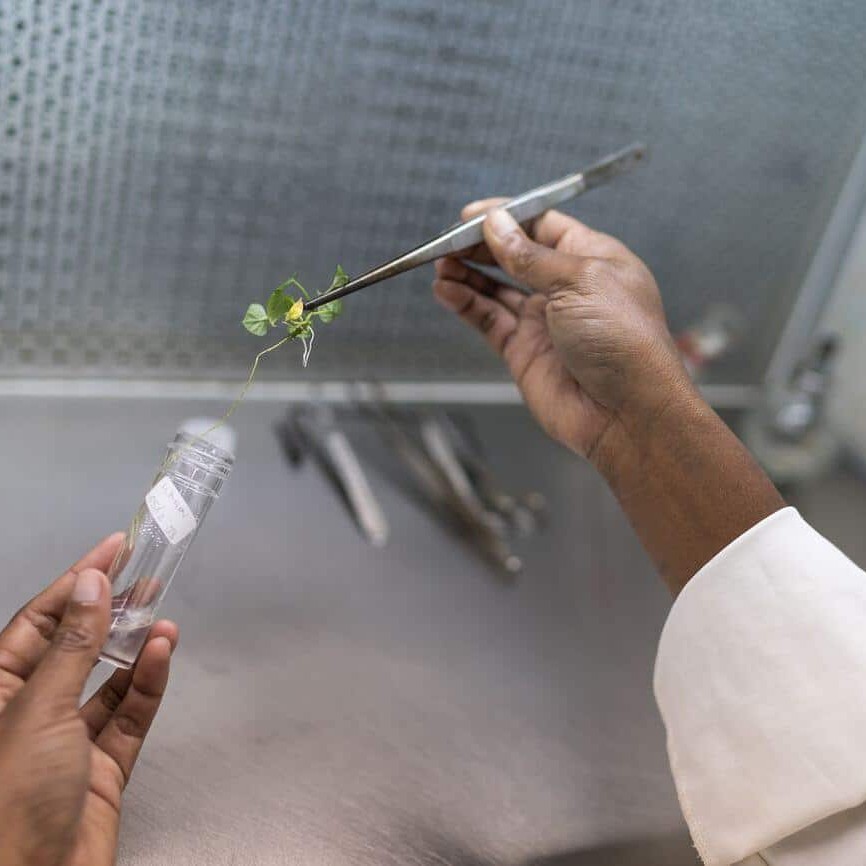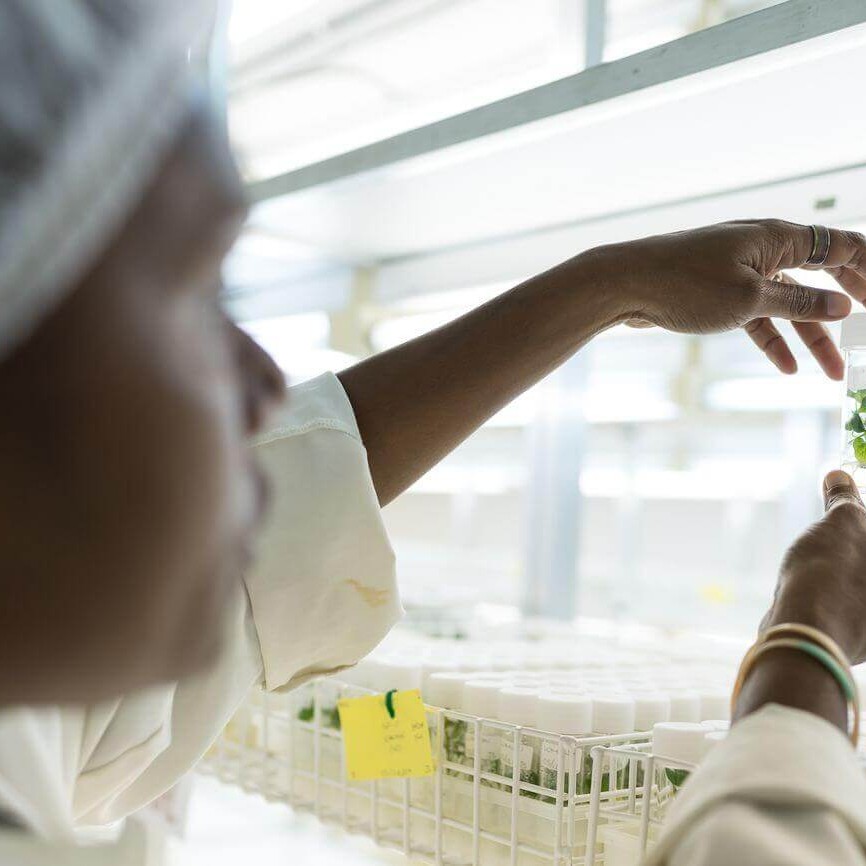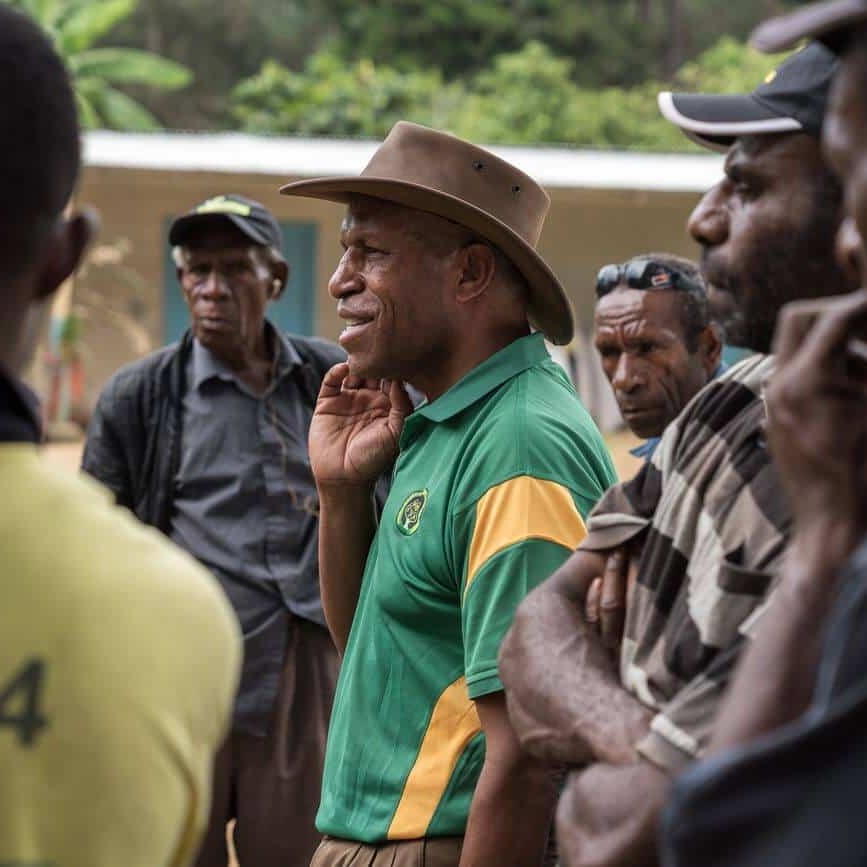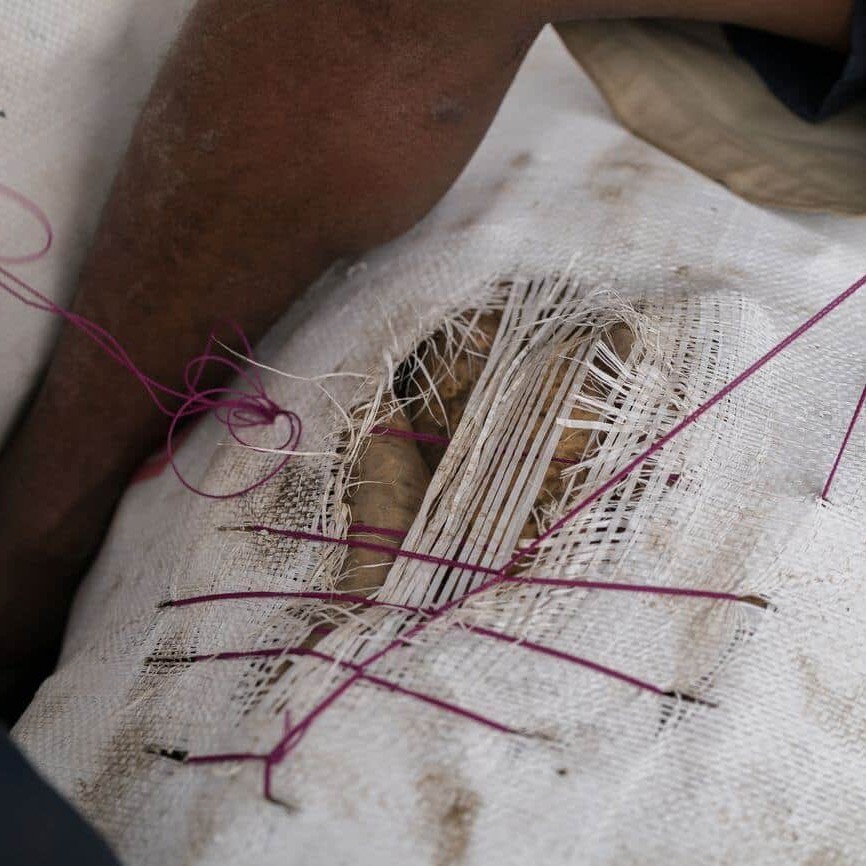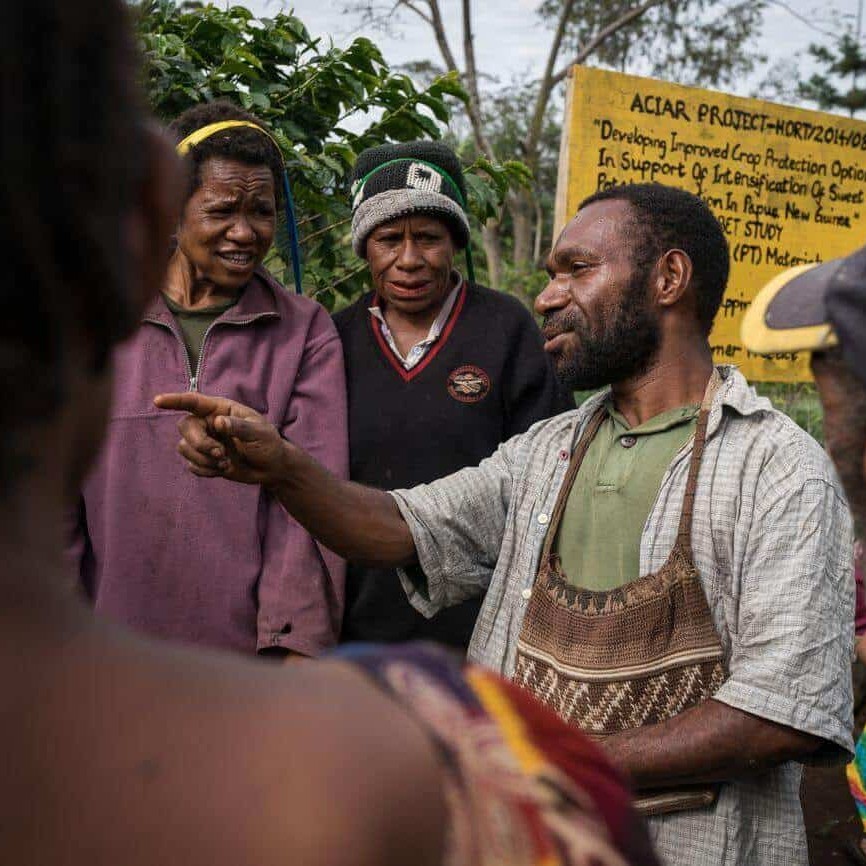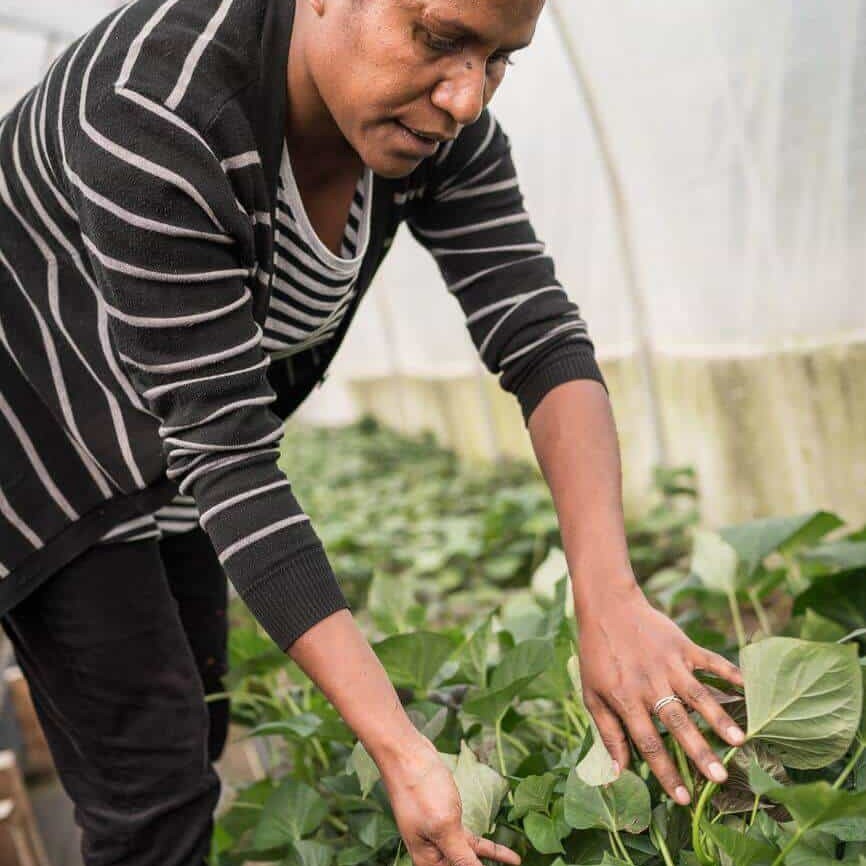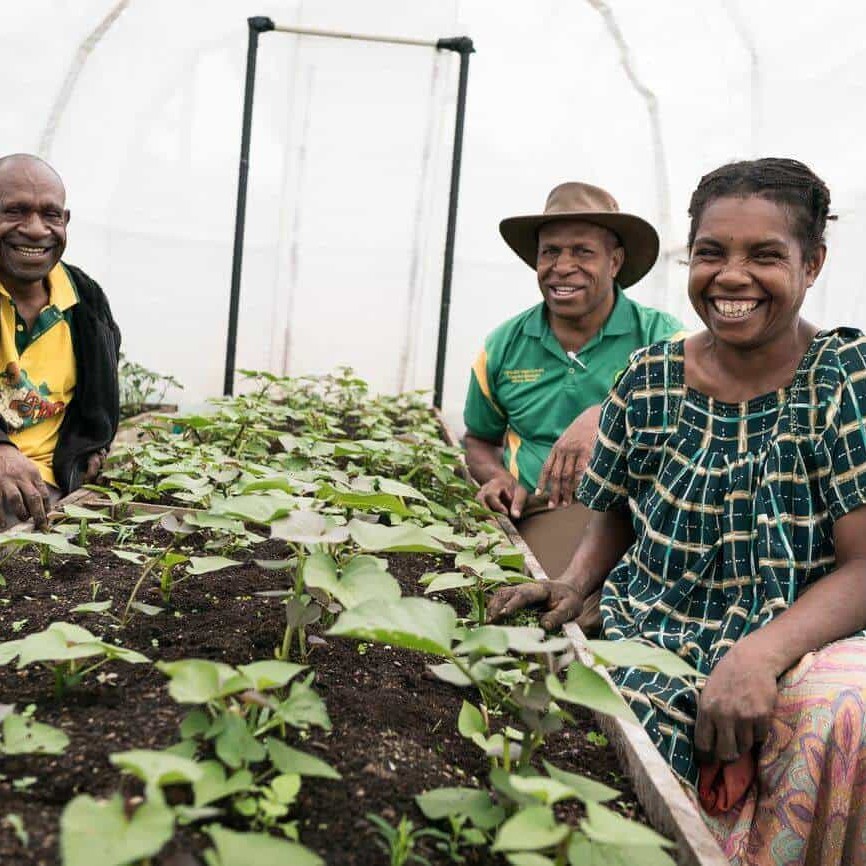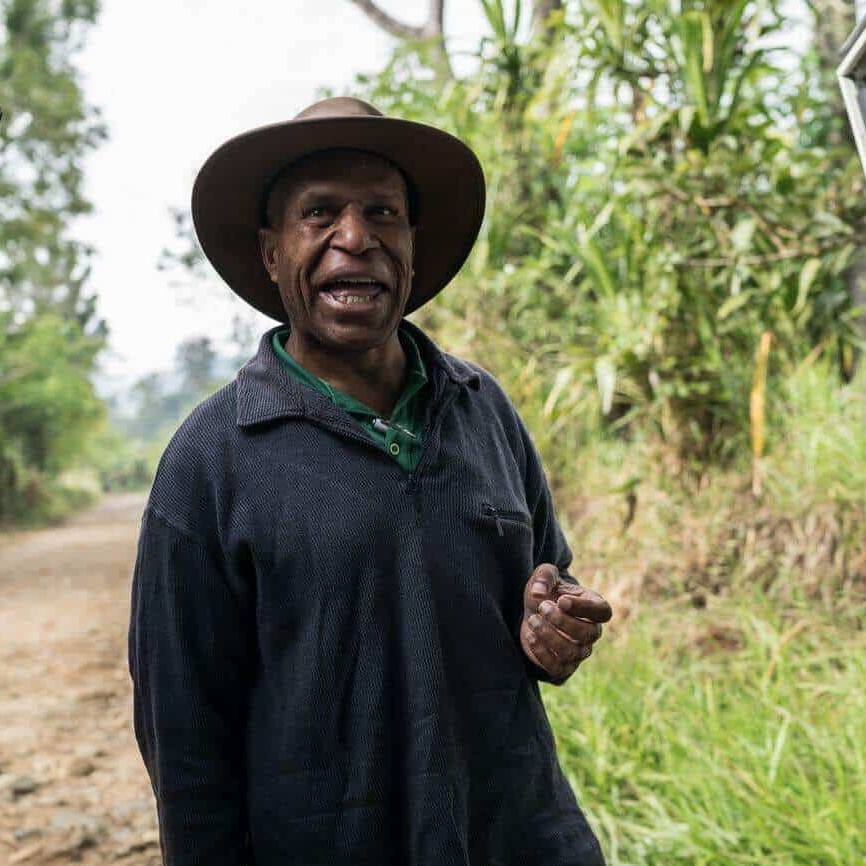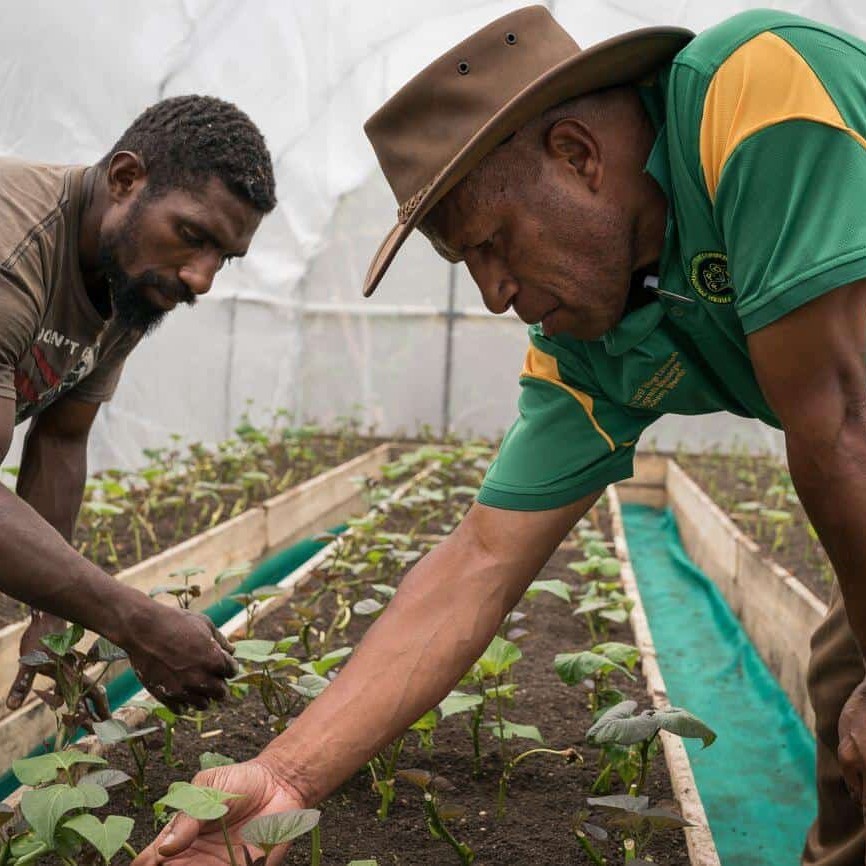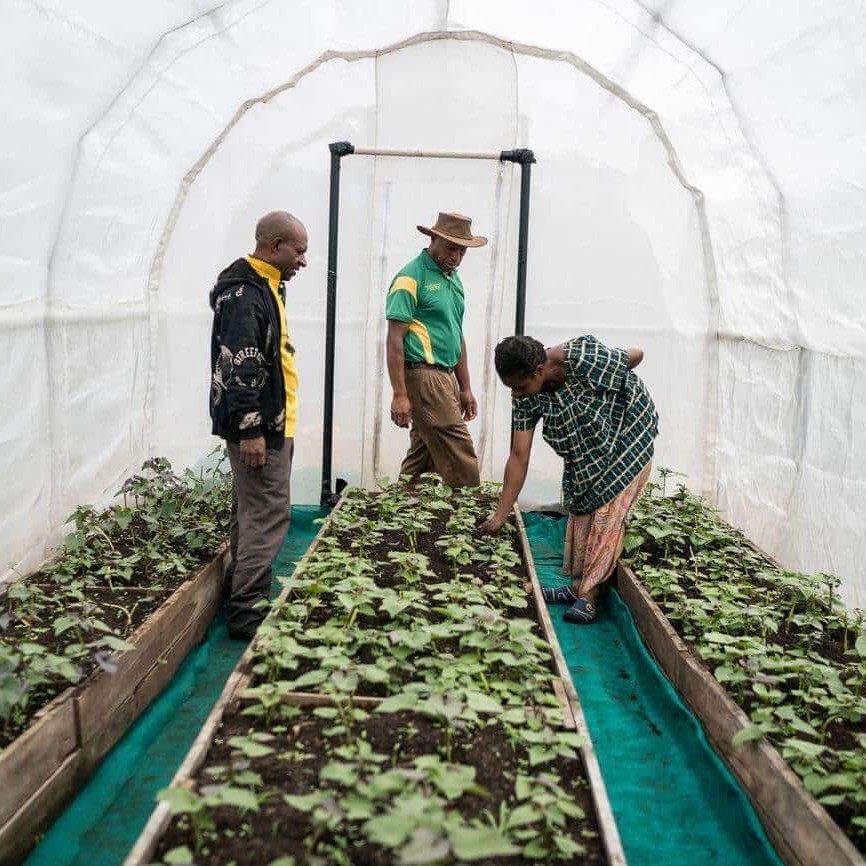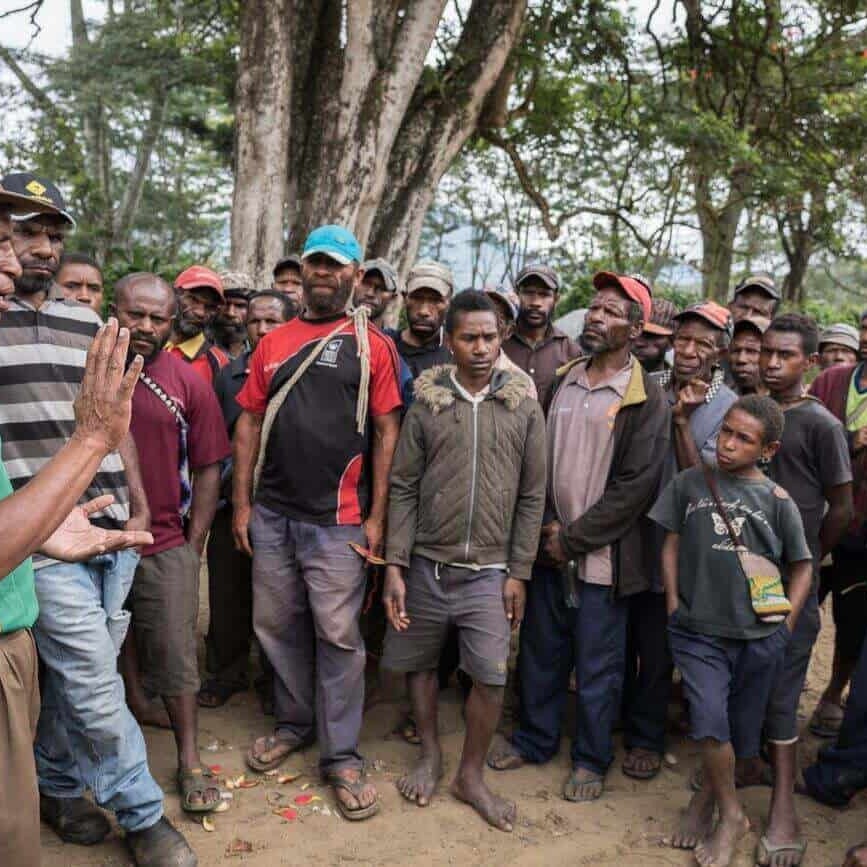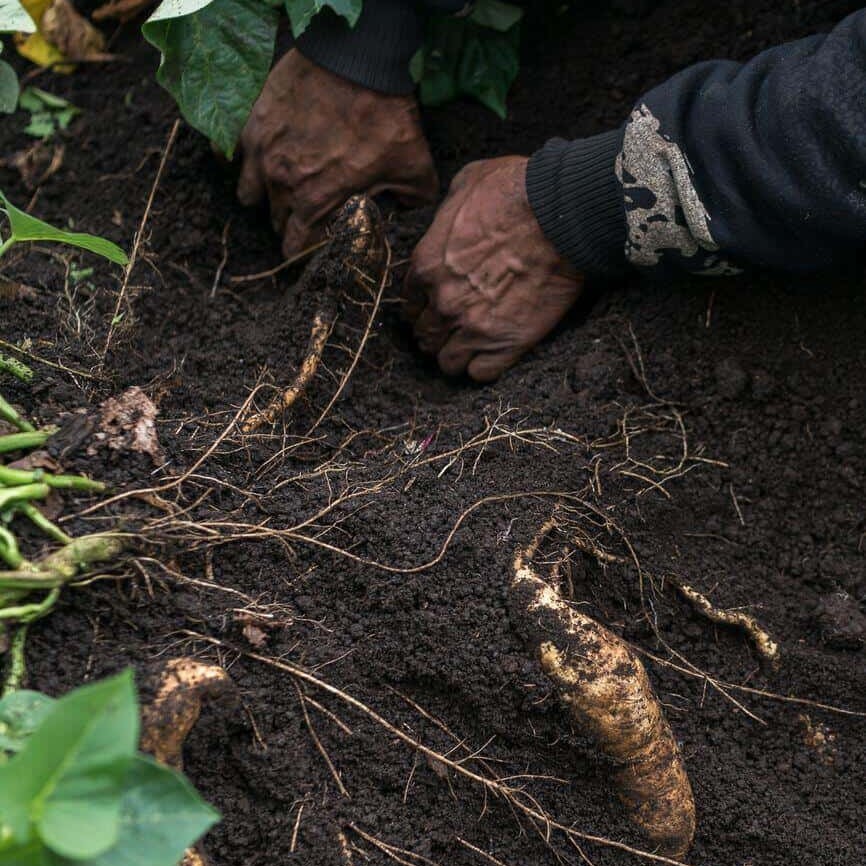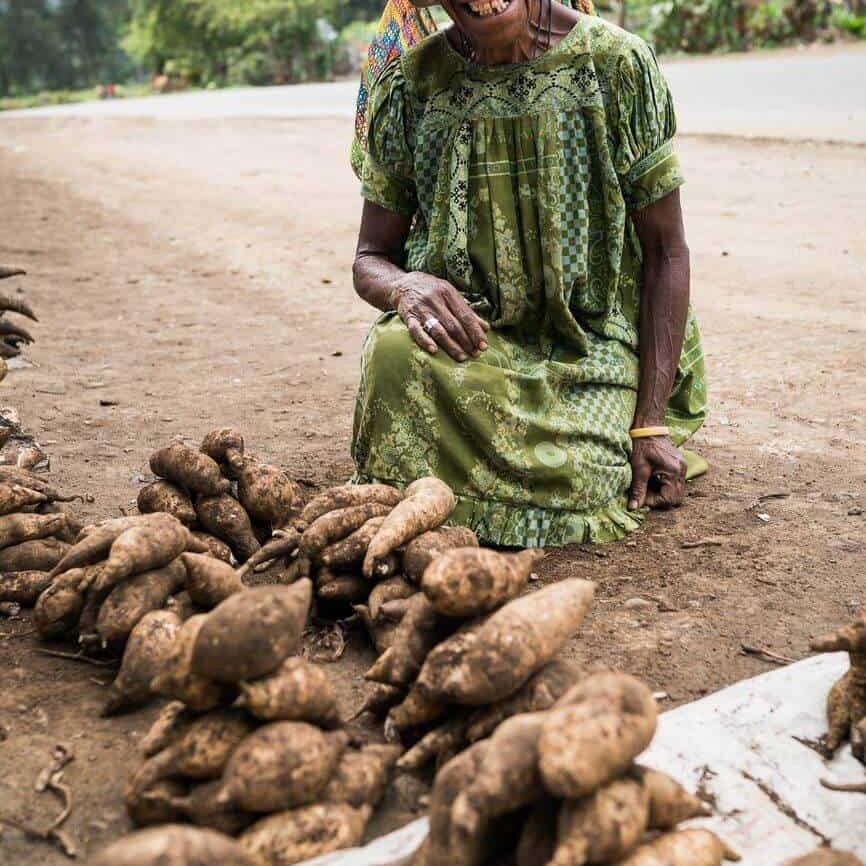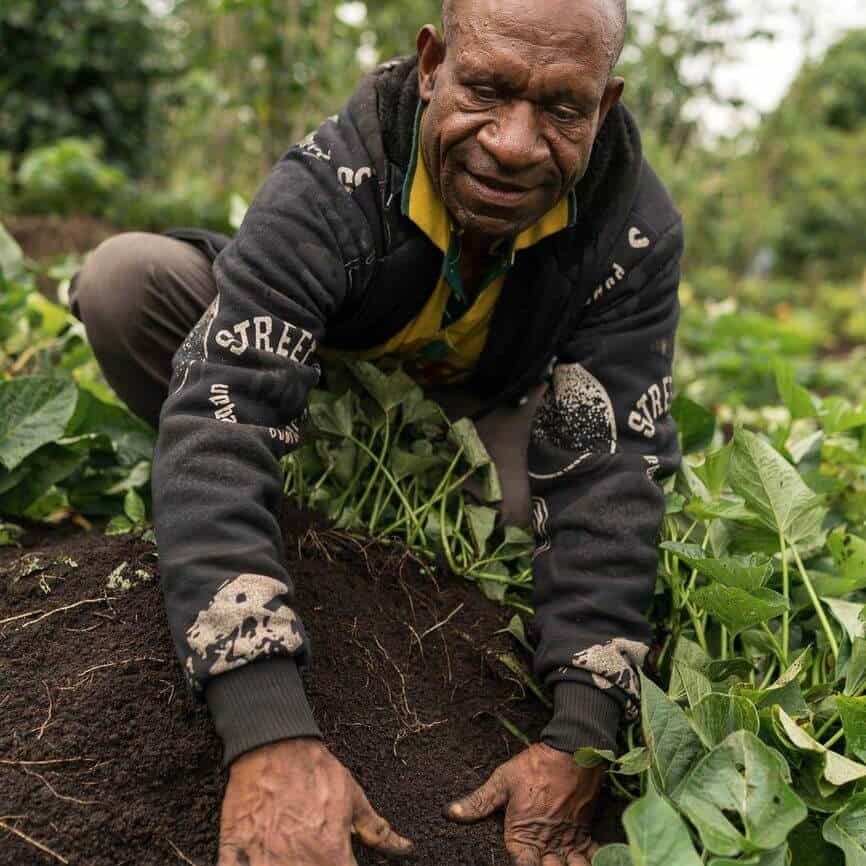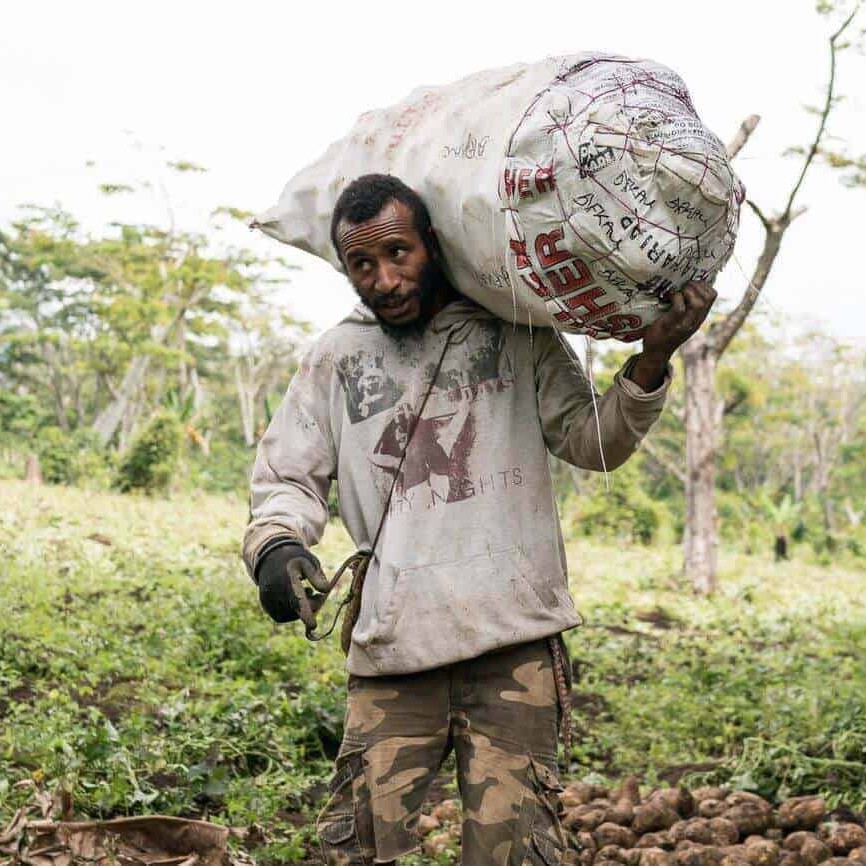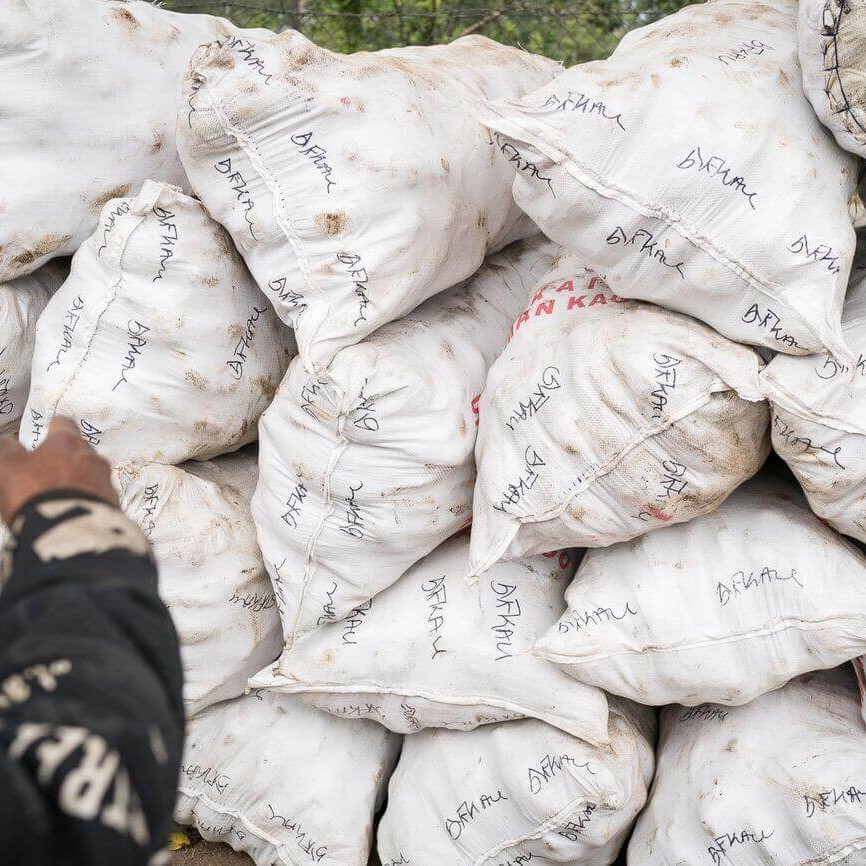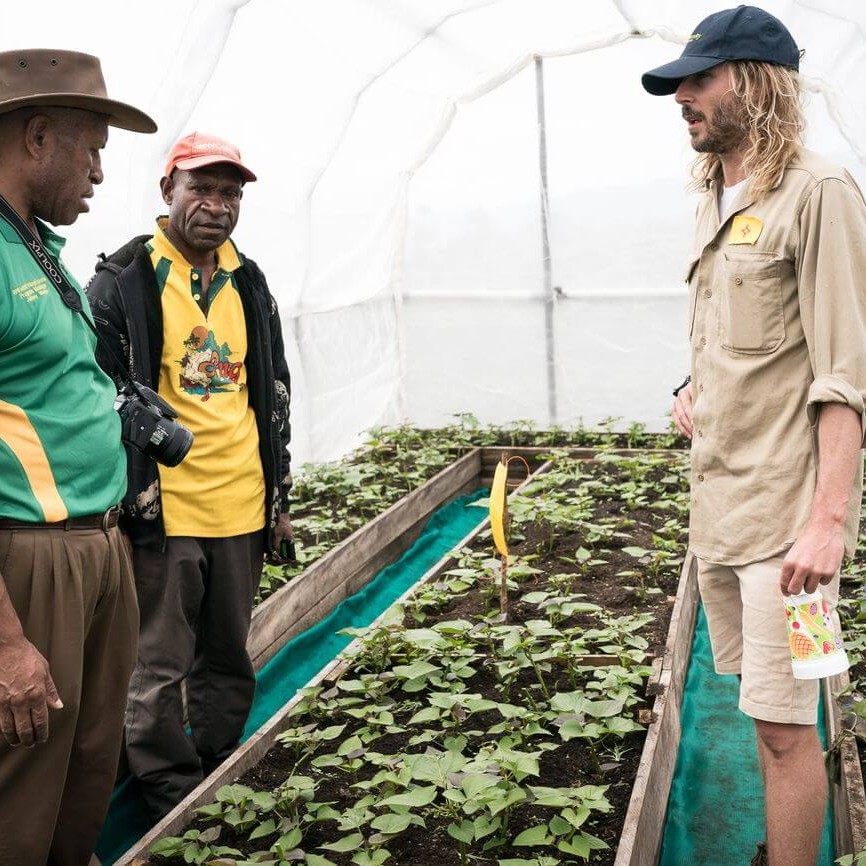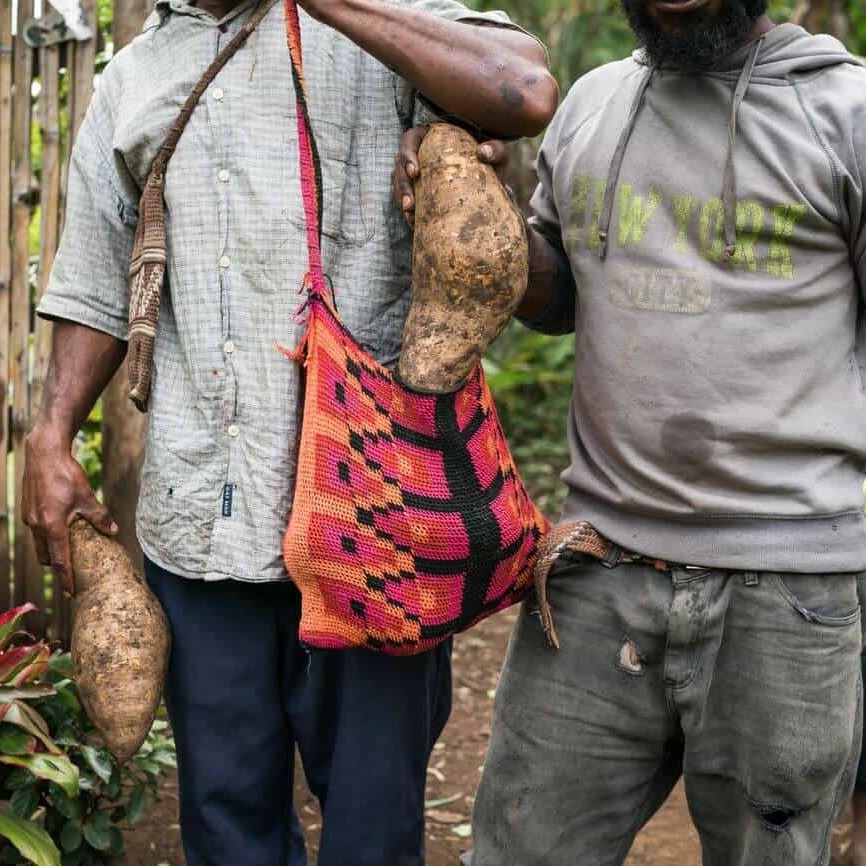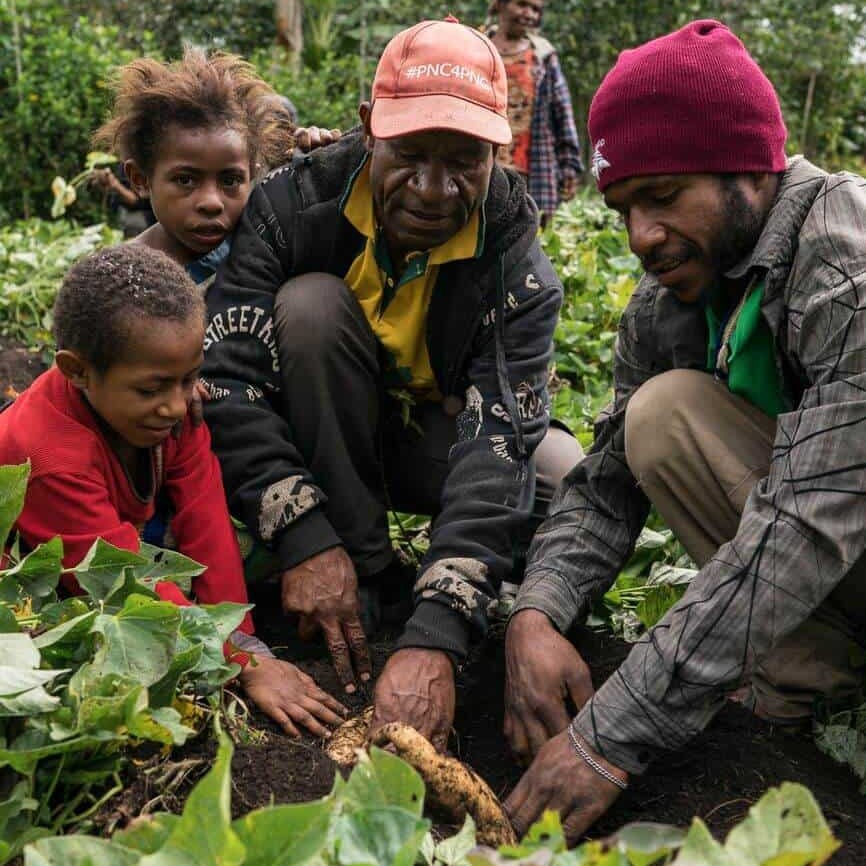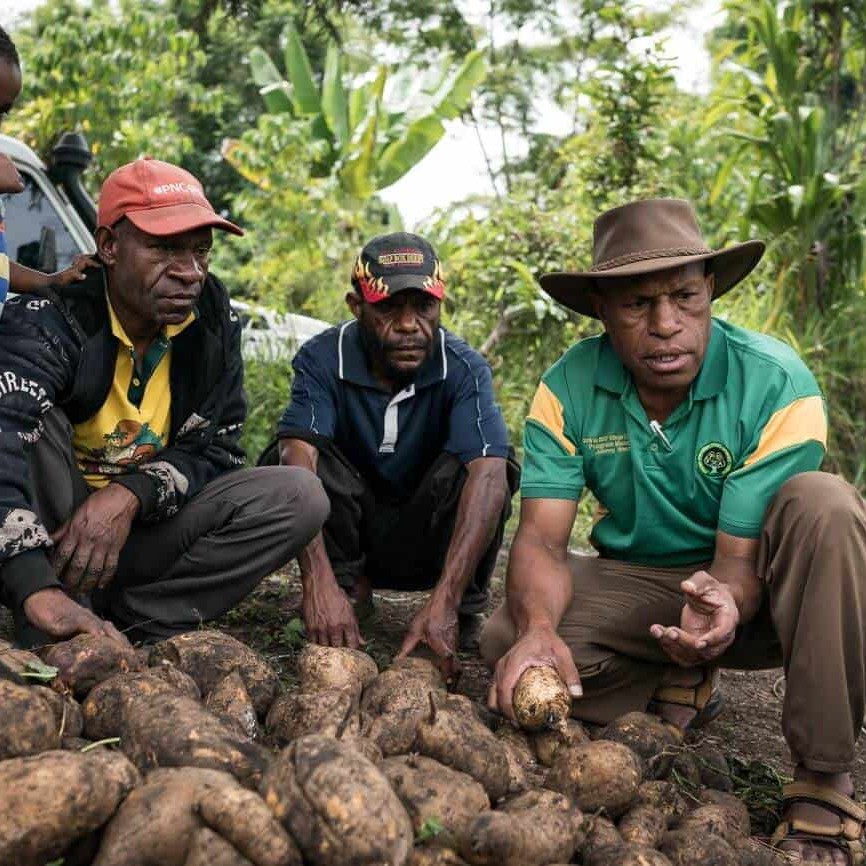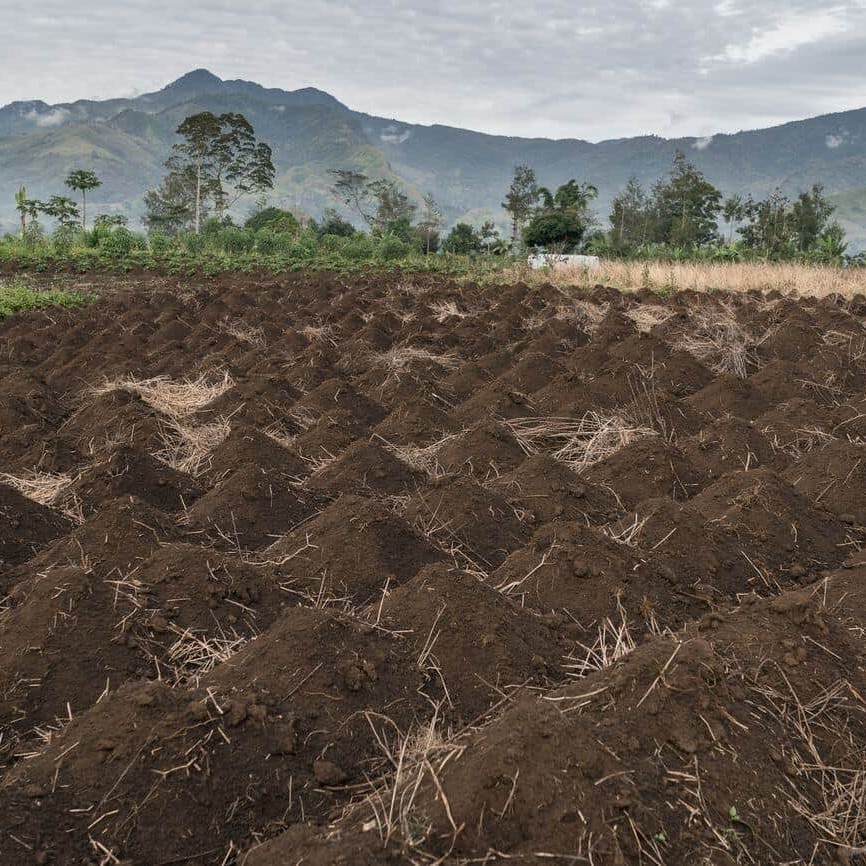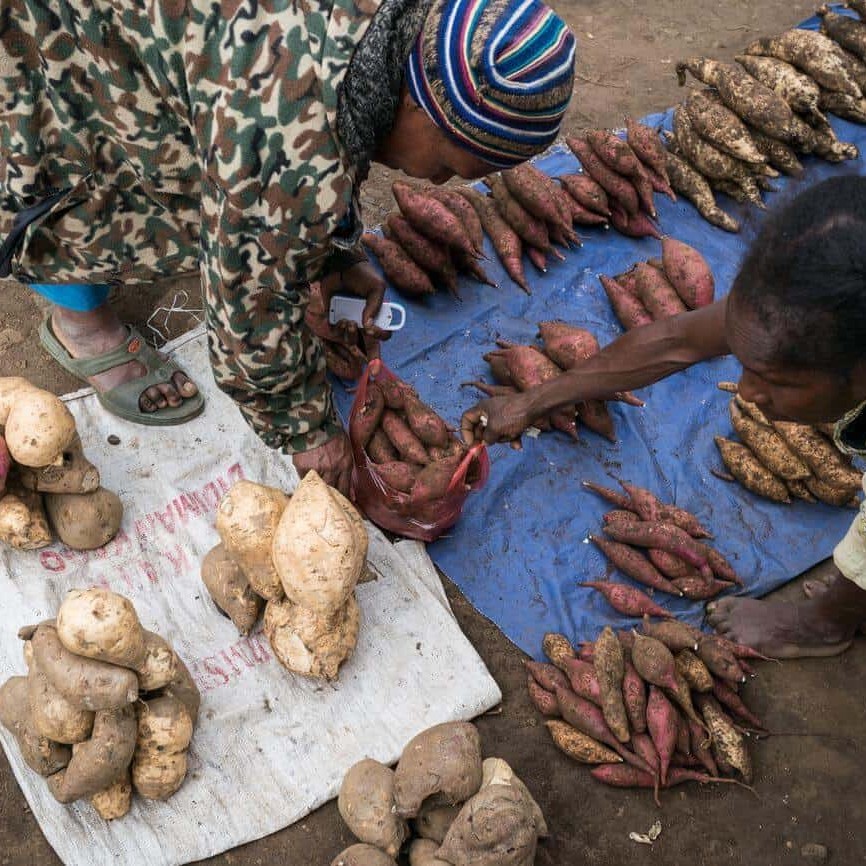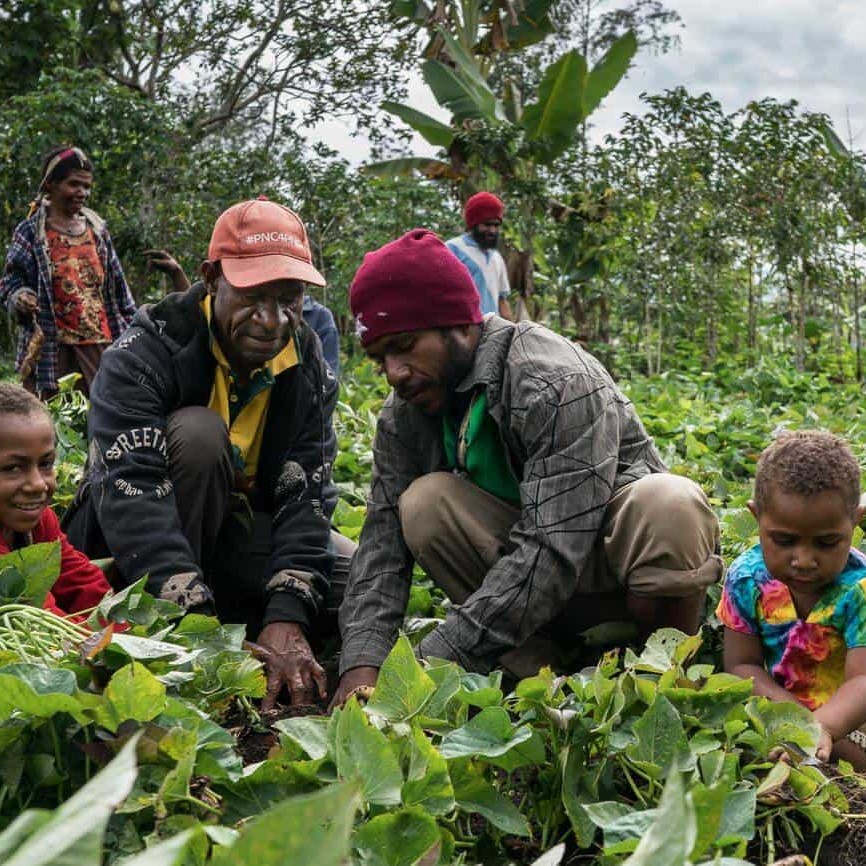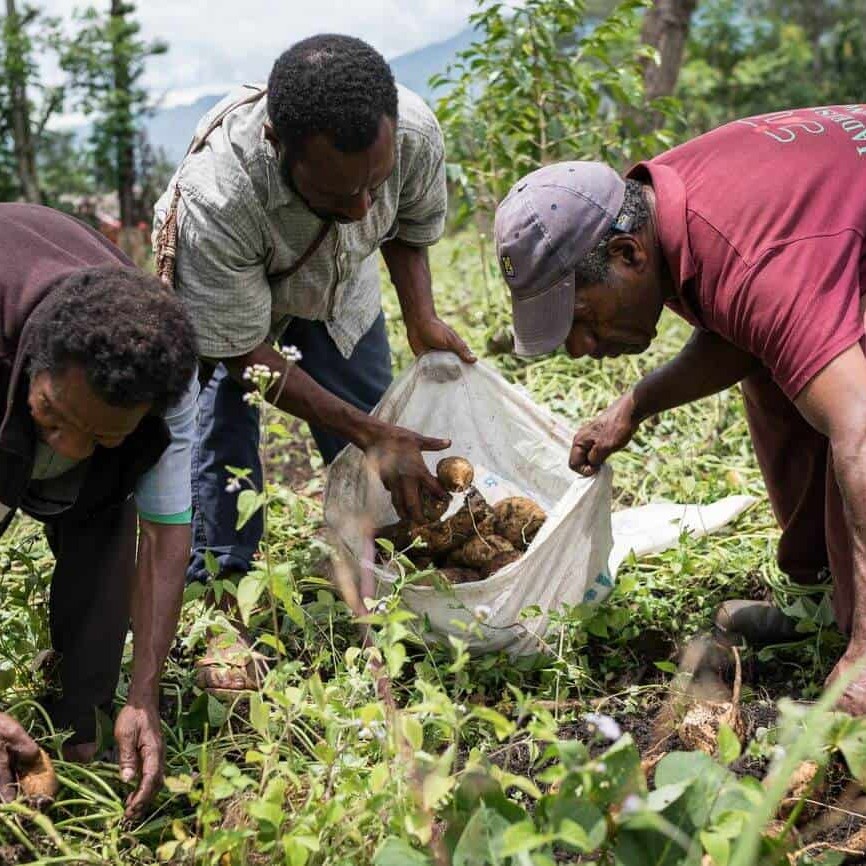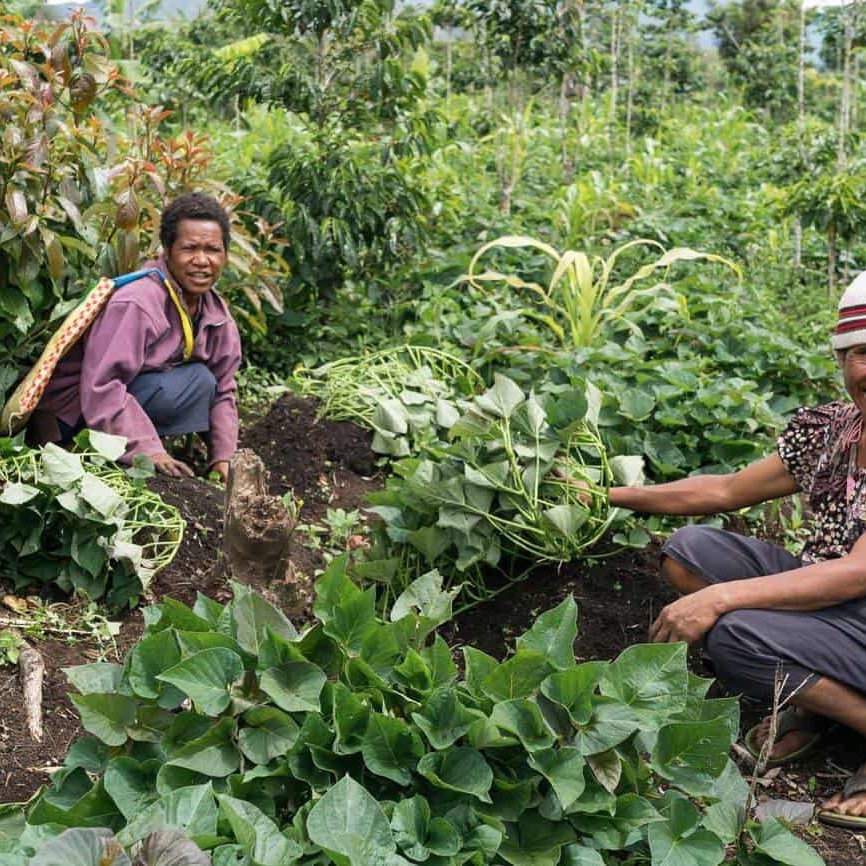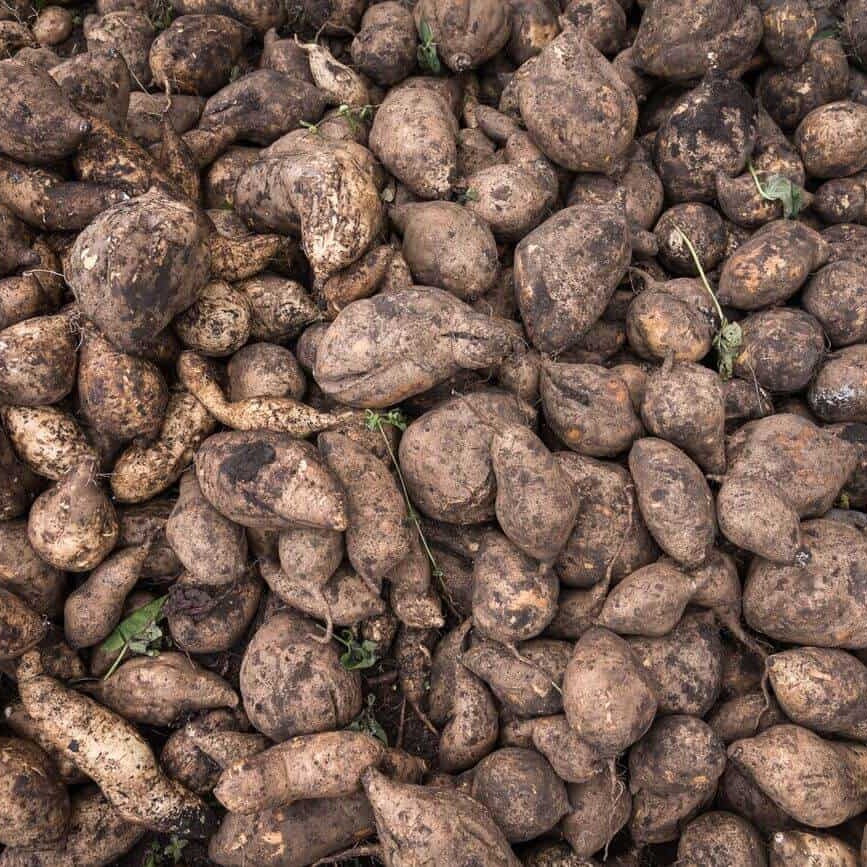This project aimed to sustainably increase the contribution that sweetpotato makes to cash income and food security, by improving sweetpotato value chains. This sought to improve the livelihoods of sweetpotato producers and their communities in the highlands of Papua New Guinea.
The economy of the Papua New Guinea Highlands, especially in those areas with relatively good transport infrastructure, is evolving rapidly, and smallholders are turning from subsistence farming to market-oriented production. Sweetpotato has become a cash crop in its own right and assures food security in more diverse systems where coffee, vegetables and small livestock provide a cash income.
This project simed to support smallholders to turn from subsistence farming towards market-oriented sweetpotato production, producing specifically for the market and managing production to meet market/customer requirements.
This project sought to support an expansion in market-oriented sweetpotato value chains by strengthening supply chains to selected high value markets, promoting enterprise development along supply chains, and improving crop production capacity by introducing a scheme to supply clean, high performing planting material. An increase in market oriented production sought to create income generating opportunities for growers and enable other groups to enter into sweetpotato fresh product and sweetpotato-based food product supply chains.
Project Code: HORT/2014/097
Commissioned Organisation: Central Queensland University (CQU)
Project Leader: Phil Brown
Collaborating Institutions:
Project Budget: $5 million
Project Duration: February 2016 – February 2021
Research Program Manager: Irene Kernot
- To develop and strengthen market oriented sweetpotato supply chains
- To build capacity of sweetpotato value chain players
- To develop a ‘clean seed’ scheme to increase availability of clean planting material of sweetpotato


